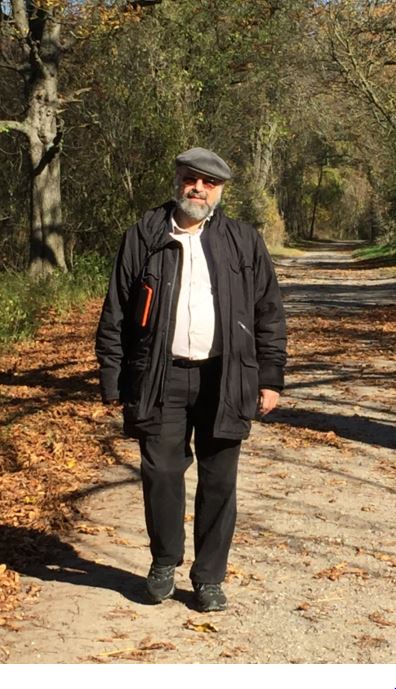Koordinierungsausschuss für christlich-jüdische Zusammenarbeit

E-mail:
info@christenundjuden.org
Website:
www.christenundjuden.org
Other Board Members
Other ICCJ Board Members:
Willy Weisz
 WILLY WEISZ
WILLY WEISZ
Austria
ICCJ Executive Board Member
Describe how you became involved in interreligious dialogue and in the ICCJ:
The former Chief Rabbi of Vienna, Rav Eisenberg, asked me on a few occasions to step in for him and attend an interreligious event. Later on the late Jewish vice president of the Austrian ICCJ member, Koordinierungsausschuss für christlich-jüdische Zusammenarbeit (KooA), Prof Jacob Allerhand, introduced me to the KooA and made me attend board meetings. After his unexpected passing away I was voted into the board as the Jewish vice-president in2007.
Starting with the Jerusalem meeting in 2008 I‘m representing the KooA at the ICCJ General Assembly, except for the 2010 meeting in Istanbul that I had to skip in order to attend the Bat Mitzva of our oldest grand-daughter.
Tell us something about your first ICCJ conference:
That the first ICCJ conference I attended was held in Jerusalem, has added to the excitement to be part of this international body. The lodging was rather simple, but the conference itself was gorgeous, including talks by Moslems from Israel and especially Jerusalem. The festive cclosing event was held in the Biblical Zoo – what a convenient venue for an interreligious meeting.
Tell us briefly about your most powerful ICCJ memory:
During the Jerusalem meeting I participated in the outing to Bethlehem and Efrat. During the bus ride the guide said that the fully developed road from Jerusalem to Efrat was off limits for Palestinian vehicles. Being denied the microphone by the guide I spoke up loud enough to be heard up to the back row and asked people to just look out of the windows to see the numerous cars with Palestinian registration. A lie never lives to be old.
How do you see the ICCJ evolving in the future:
The themes ICCJ is tackling warrant that it will remain a voice that can’t be ignored.
What/which questions are the closest to your heart:
How can a deep understanding of our religions efficiently fight anti-Semitism that is again rearing its head? How can we create the understanding that the otherness, the following of different rites aren’t a threat, but an enrichment?
What is the greatest challenge you think the ICCJ will face in the coming years:
The revival of anti-Semitism, professed especially by some Church affiliated and more or less disguised as anti-Israelism of pseudo-concern for Palestinians who, in reality, are the main victims of economical and academic boycotts.
What advice would you give to someone who is just getting involved in the ICCJ:
Open first your ears and eyes, then your brain, and finally your heart – in that order.



